11 Common Skincare Mistakes That Could Be Hurting Your Skin
Taking care of your skin is essential, but sometimes the smallest mistakes can cause more harm than good. It is easy to fall into bad habits that can lead to dryness, irritation, or breakouts. Avoiding common skincare mistakes can make a big difference in achieving healthy, glowing skin. Let us look at some of the most common mistakes and how to prevent them for better skin health.
This post may contain affiliate links, which helps keep this content free. Please read our disclosure for more info.
Skipping Sunscreen
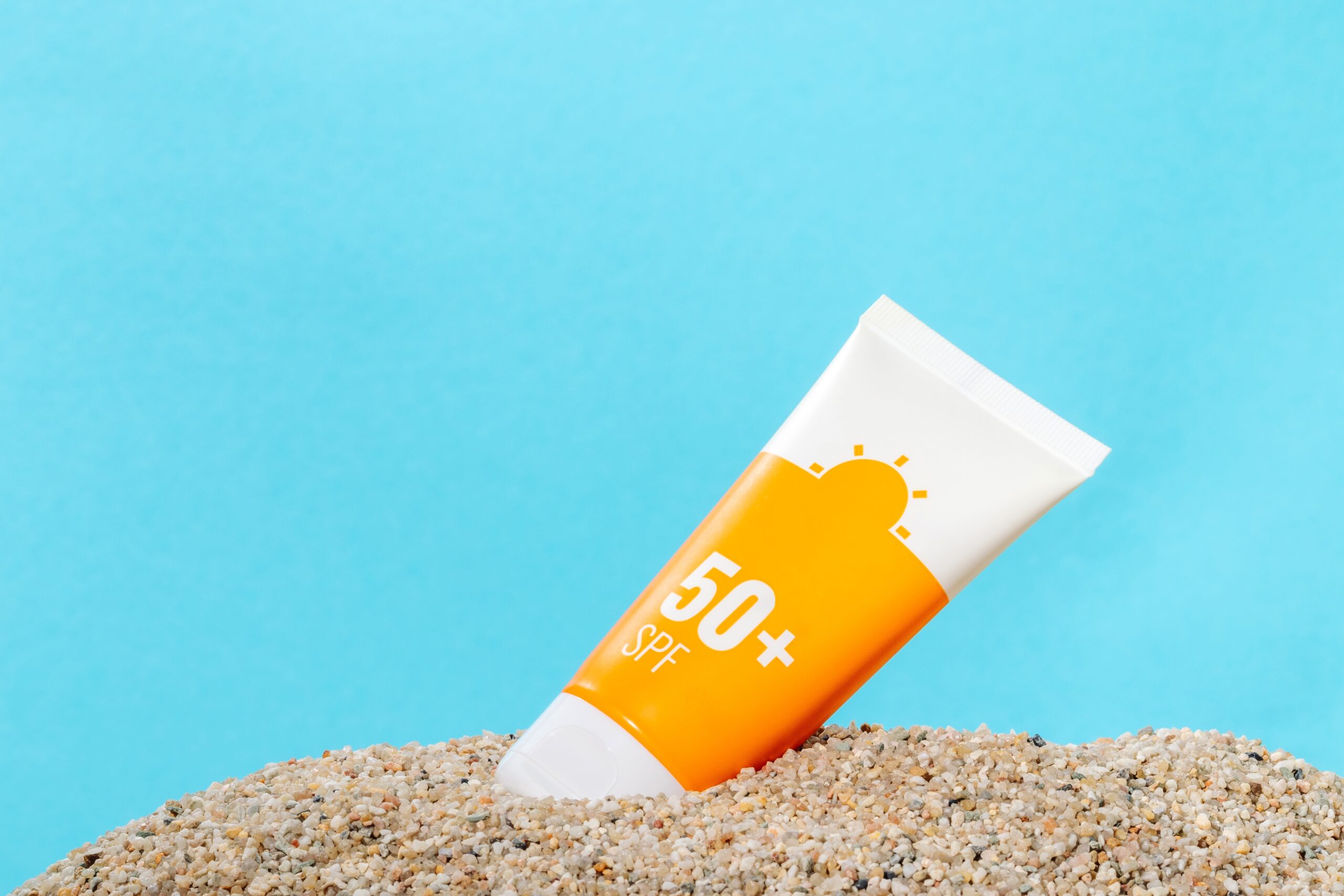
One of the biggest skincare mistakes is skipping sunscreen, even on cloudy days. Sunscreen helps protect the skin from harmful UV rays that cause premature aging, wrinkles, and increase the risk of skin cancer. To avoid this mistake, make sure to apply a broad-spectrum sunscreen with at least SPF 30 every morning, even if you are staying indoors. Reapply every two hours if you are spending extended time outside or if you are swimming or sweating.
Even if your foundation contains SPF, it is important to apply a separate sunscreen to ensure you are getting the full protection. UV rays can damage the skin even in overcast weather, so daily sunscreen use is essential for maintaining healthy skin. You can also choose sunscreens that are formulated for your skin type to avoid irritation or clogged pores. Protecting your skin from the sun is one of the most effective ways to keep it looking youthful and radiant.
Over-Exfoliating

Exfoliating is important for removing dead skin cells, but overdoing it can harm your skin. Exfoliating too frequently or using harsh products can strip the skin of its natural oils, leading to irritation, redness, and even dryness. To avoid this mistake, limit exfoliation to 1-3 times a week, depending on your skin type. Choose gentle exfoliators with mild ingredients, such as alpha-hydroxy acids (AHAs) or beta-hydroxy acids (BHAs), to ensure you are not irritating your skin.
If your skin feels sensitive or dry after exfoliating, it is a sign that you may be overdoing it. People with sensitive or dry skin should opt for a more gentle exfoliation routine to avoid causing damage. Be sure to moisturize after exfoliating to replenish the skin’s hydration and keep it soft. Finding the right balance will help you achieve smooth skin without over-exfoliating.
Not Removing Makeup Before Bed

Going to bed without removing makeup is a common mistake that can lead to clogged pores and breakouts. Makeup can trap dirt and oil on the skin, preventing it from breathing and rejuvenating overnight. To avoid this mistake, always cleanse your skin thoroughly before bed, even if you are tired. Use a gentle makeup remover or cleansing balm followed by a mild cleanser to ensure your skin is clean and fresh.
Leaving makeup on overnight can cause irritation and dullness, as your skin cannot properly repair itself. Make it a habit to remove makeup as part of your evening routine, no matter how late it is. Clean skin helps prevent acne and allows your skincare products to work more effectively. This simple step can make a noticeable difference in the health of your skin.
Using Harsh Products
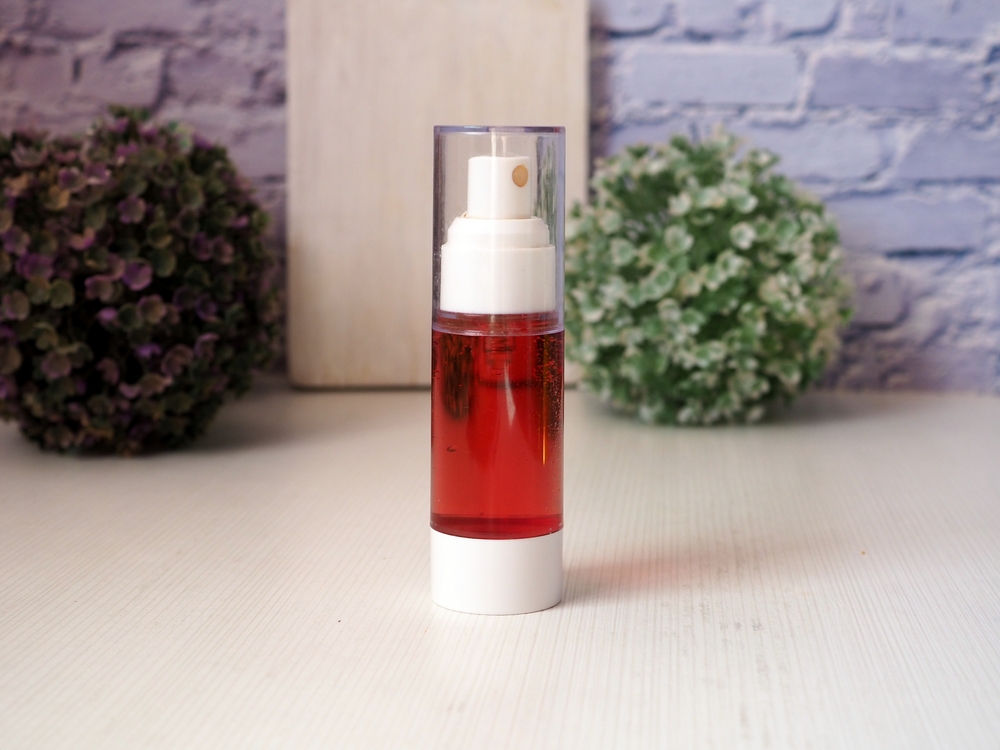
Using products that are too harsh on the skin, such as strong cleansers or alcohol-based toners, can cause more harm than good. These products strip the skin’s natural oils, leading to dryness and irritation. To avoid this, choose skincare products that are suited to your skin type and free from harsh chemicals or alcohol. Look for gentle formulas that hydrate, balance, and soothe the skin, rather than stripping it.
When using products, consider your skin’s needs and choose those with ingredients that support its natural function. Opt for fragrance-free and hypoallergenic products if you have sensitive skin. Harsh products may give you a quick clean feeling, but can damage your skin’s protective barrier over time. Prioritize skincare that nourishes and balances your skin for long-term health.
Not Moisturizing Enough
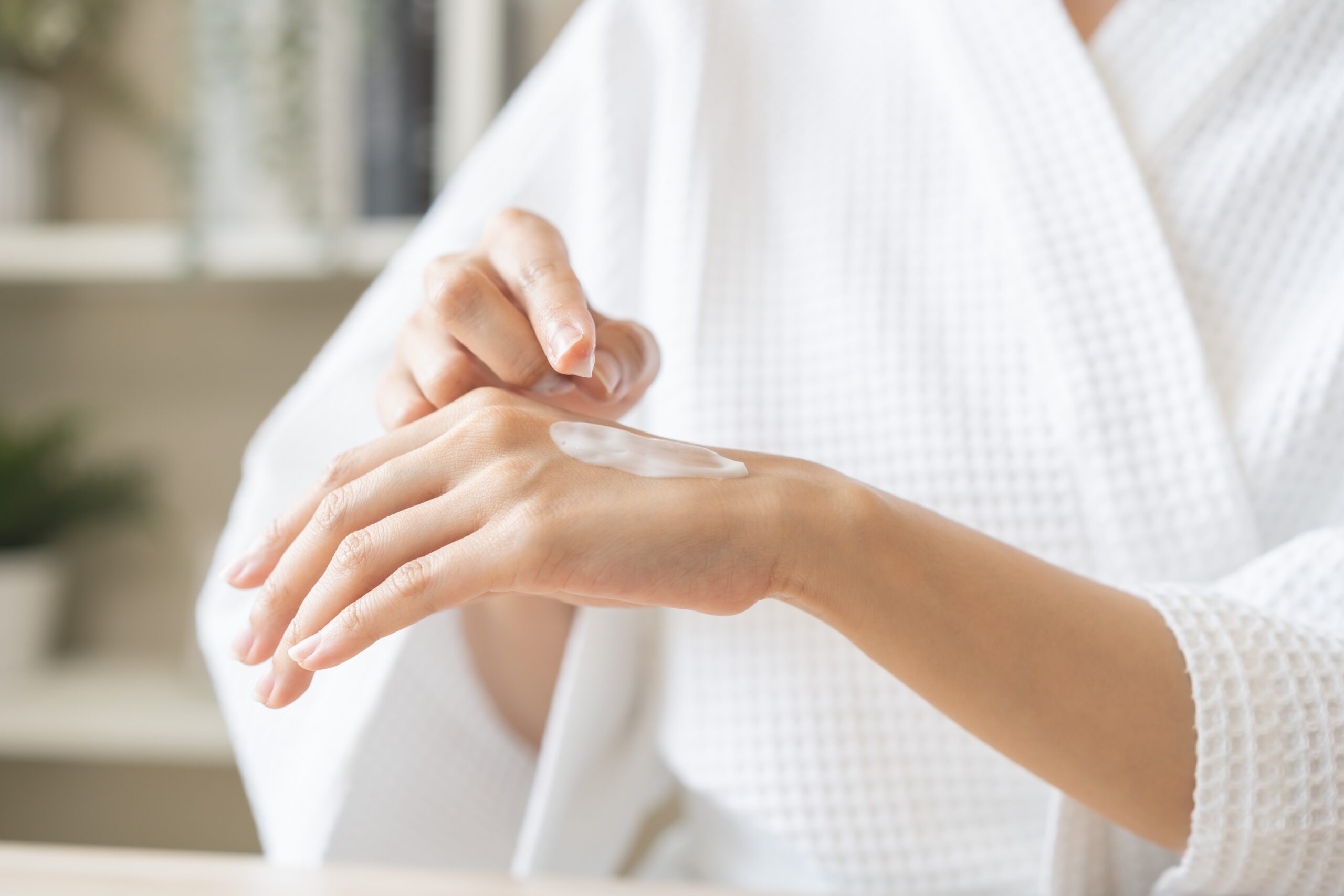
Moisturizing is essential for keeping the skin hydrated, yet many people skip this step, especially those with oily skin. Not moisturizing enough can lead to dryness, irritation, and premature aging. To avoid this mistake, apply a moisturizer suitable for your skin type every morning and night. Even if you have oily skin, use a lightweight, non-comedogenic moisturizer to keep your skin balanced and hydrated.
Moisturizing helps protect the skin’s natural barrier and prevents water loss, keeping your skin soft and smooth. During colder months, you may need a richer moisturizer, while in warmer weather, a gel-based formula may be more comfortable. Be sure to apply moisturizer after cleansing while your skin is still slightly damp for better absorption. Hydrated skin is healthy skin, so do not skip this important step in your skincare routine.
Touching Your Face Too Much

Touching your face repeatedly throughout the day can transfer bacteria, dirt, and oil from your hands to your skin, leading to breakouts and irritation. This habit can also cause unnecessary friction, which may irritate sensitive skin. To avoid this mistake, try to break the habit of touching your face and make sure to wash your hands regularly. Avoid leaning on your hands or resting your face against objects like your phone.
If you must touch your face, make sure your hands are clean, especially before applying skincare products. This will help prevent contamination and reduce the risk of infections or acne. Keeping your skin free from external contaminants is important for maintaining its health. Reducing contact with your face will help keep your skin clear and smooth.
Neglecting Your Neck and Chest
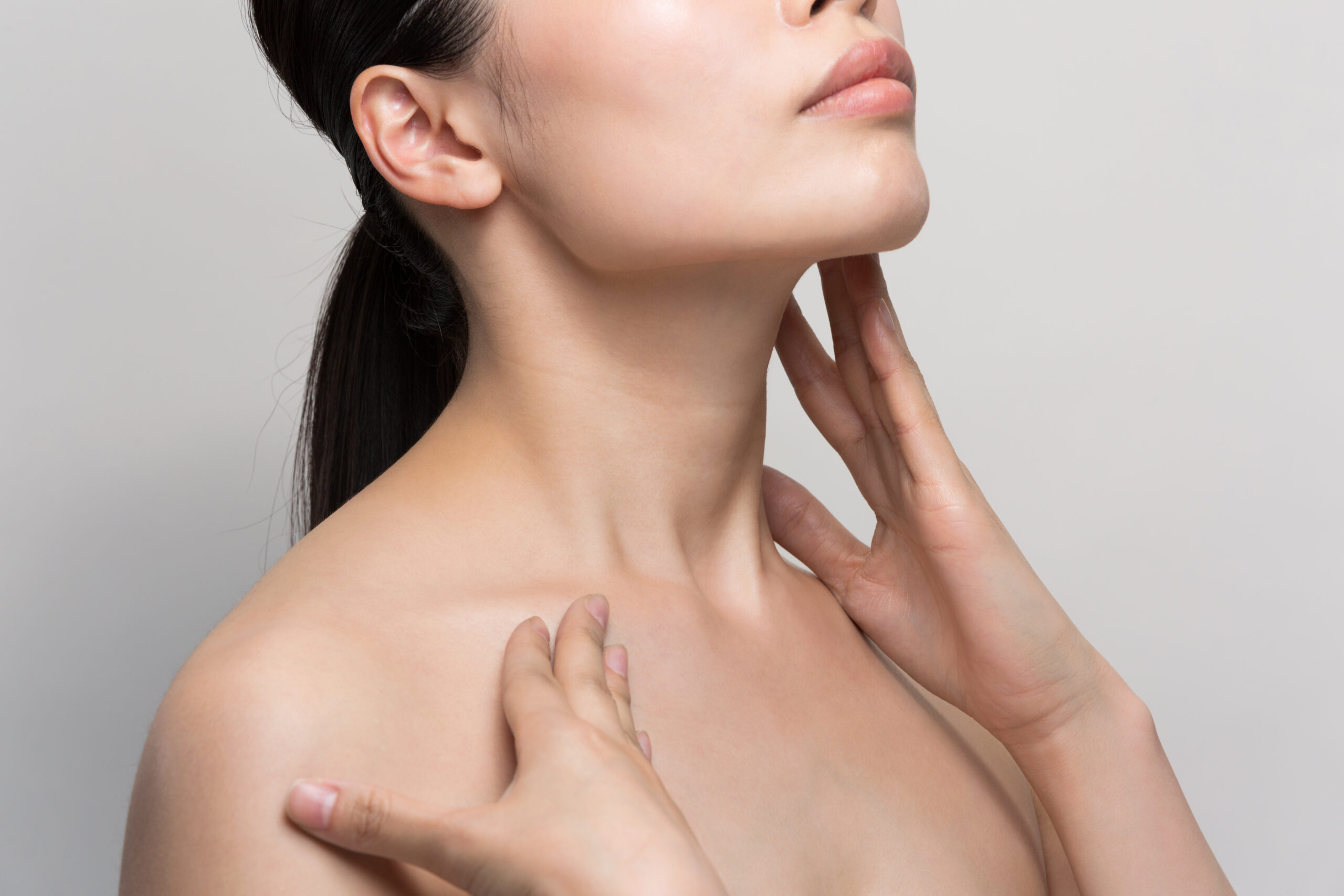
Many people focus on their face but neglect the neck and chest, which are just as susceptible to signs of aging and sun damage. These areas often show signs of aging more quickly due to thinner skin and less collagen. To avoid this mistake, include your neck and chest in your skincare routine by applying sunscreen, moisturizer, and anti-aging products to these areas. Treat your neck and chest with the same care you give to your face for better skin health overall.
The skin on your neck and chest can develop wrinkles, sagging, and sunspots, especially if exposed to the sun without protection. It is important to extend your skincare routine to include these areas to maintain even, youthful skin. Gently massage products into your neck and chest to avoid irritation. By caring for these areas, you can achieve smoother, more youthful-looking skin from head to toe.
Using the Wrong Skincare for Your Skin Type

Using products that are not suited for your skin type can lead to a variety of issues, from dryness and irritation to breakouts and clogged pores. For example, using heavy cream on oily skin or a gel cleanser on dry skin can make things worse. To avoid this mistake, understand your skin type and choose products that are formulated to meet your skin’s specific needs. Make sure to test new products before incorporating them fully into your routine.
It is also important to adjust your skincare routine as the seasons or your skin’s needs change. For instance, your skin may require more hydration in the winter or lighter products in the summer. Choosing the right products for your skin type will ensure that your skincare routine is effective and beneficial. Be mindful of your skin’s unique needs and always opt for products that complement its natural balance.
Skipping Regular Face Masks
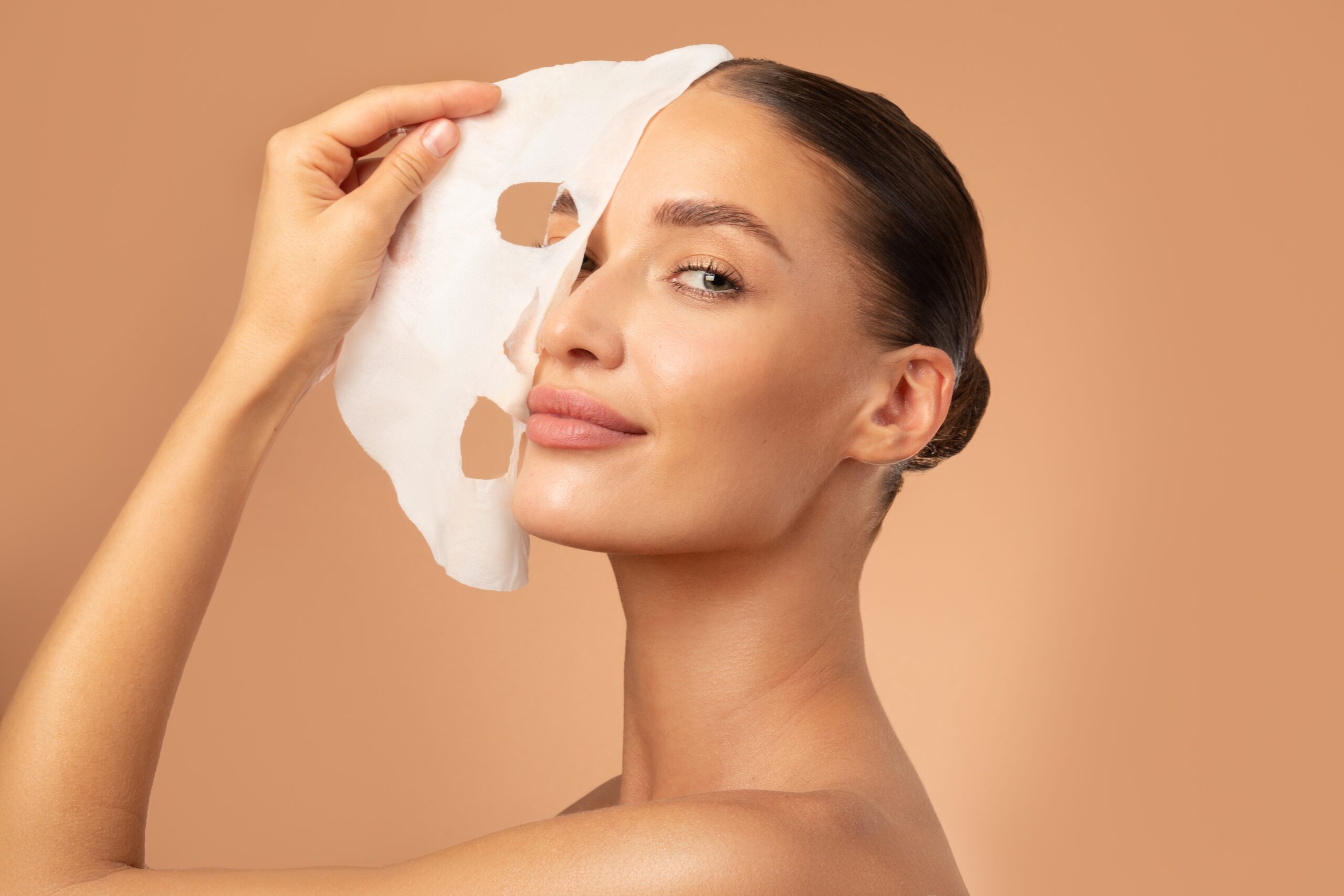
Face masks are an excellent way to give your skin a boost of hydration, exfoliation, or treatment for specific concerns like acne or dullness. Skipping regular face masks can prevent your skin from receiving the additional care it needs. To avoid this mistake, incorporate a weekly face mask into your skincare routine to address specific concerns. Whether you use a hydrating, purifying, or soothing mask, it can provide targeted benefits that complement your daily routine.
Masks are available for various skin types, so be sure to choose one that addresses your specific needs. For dry skin, opt for moisturizing masks, while those with oily or acne-prone skin may benefit from clay-based masks. Face masks provide deep penetration of active ingredients, giving your skin a more intensive treatment. Regularly using face masks will help enhance the results of your regular skincare products.
Not Removing Dead Skin Cells
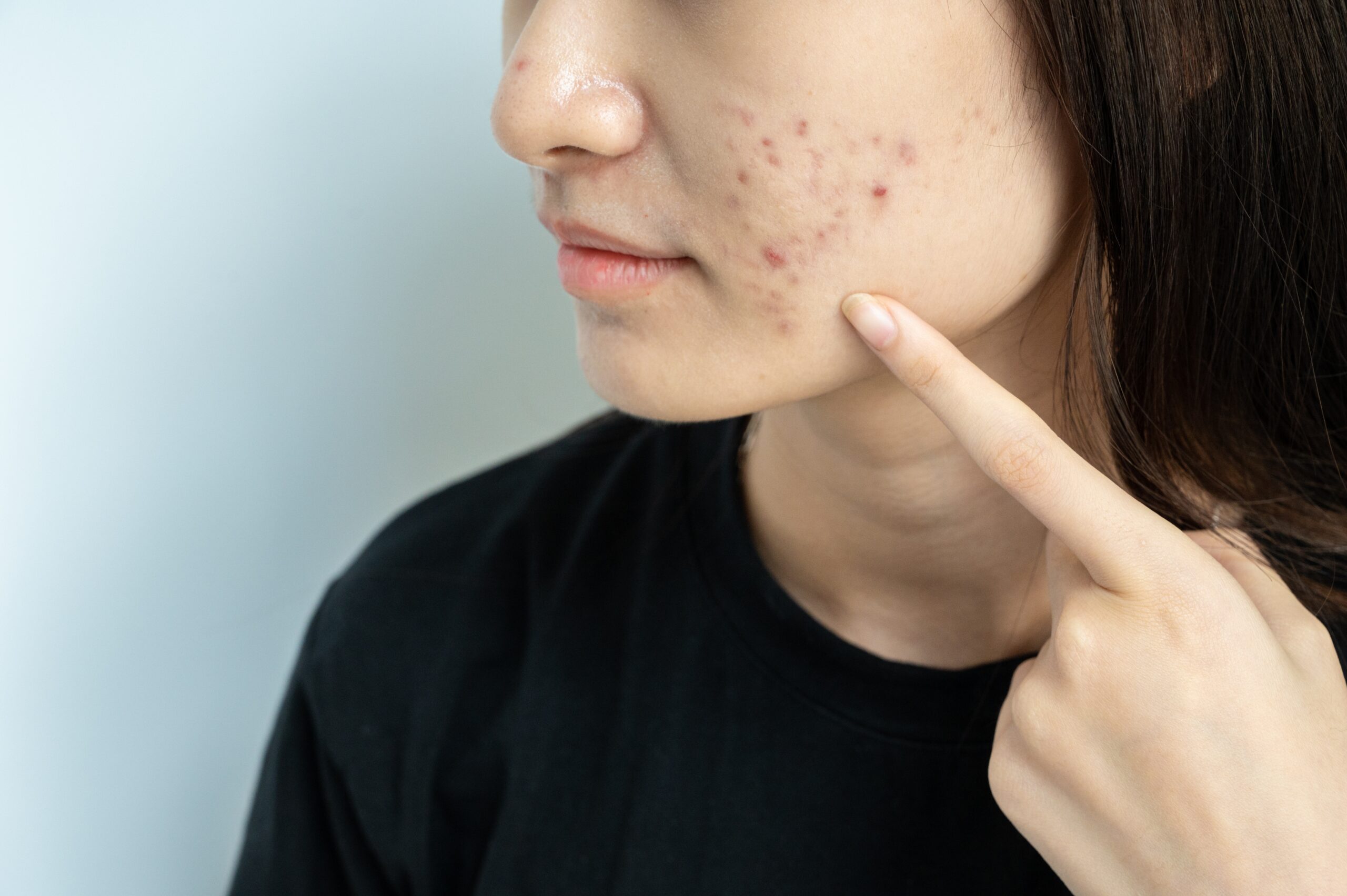
Allowing dead skin cells to accumulate can result in a dull complexion and clogged pores, which can contribute to breakouts. Regular exfoliation is key to keeping your skin looking fresh and radiant. To avoid this mistake, exfoliate your skin 1-3 times per week, depending on your skin’s sensitivity and needs. Choose a gentle exfoliator that will remove dead skin cells without causing irritation or damage to your skin.
Exfoliation helps remove the buildup of dead skin cells, allowing new, healthy skin to emerge. This process also boosts circulation, which can improve the appearance of your skin and promote cell turnover. Make sure to use a product suited to your skin type, such as a scrub, chemical exfoliant, or enzyme mask. By removing dead skin cells, you can maintain a smoother, brighter complexion.
Ignoring the Importance of Sleep

Lack of sleep can negatively affect your skin, leading to increased stress, dullness, and even breakouts. Sleep is essential for the skin’s natural repair processes, as this is when the body regenerates skin cells and produces collagen. To avoid this mistake, make sleep a priority by aiming for 7-9 hours of quality rest each night. A consistent sleep schedule can help reduce the appearance of dark circles, fine lines, and skin inflammation.
Inadequate sleep can also increase the levels of cortisol, the stress hormone, which can trigger acne and other skin issues. A good night’s sleep helps the skin recover from daily stressors and keeps it looking refreshed. Make sure to create a relaxing nighttime routine to improve your sleep quality. Taking care of your sleep habits will result in healthier, more radiant skin.
This article originally appeared on Avocadu.
